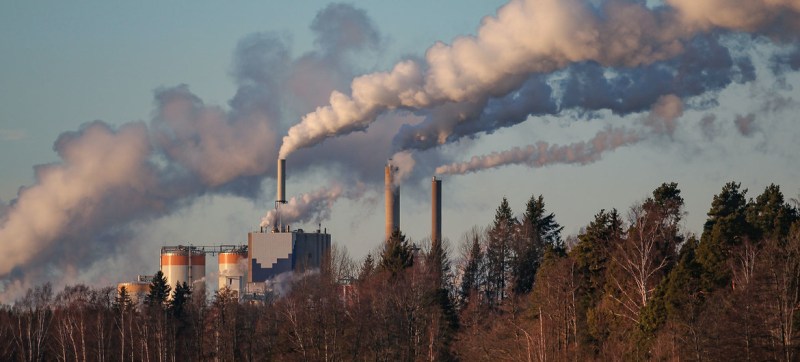 Methane
Methane
Cut methane emissions to avert global temperature rise, UN-backed study urges
New York: Methane emissions caused by human activity can be reduced by up to 45 per cent this decade, thus helping to keep global temperature rise to 1.5 degrees Celsius in line with the Paris Agreement on climate change, according to a UN-backed report published on Thursday.
The Global Methane Assessment outlines the benefits of mitigating methane, a key ingredient in smog, which include preventing some 260,000 premature deaths and 775,000 asthma-related hospital visits annually, as well as 25 million tonnes in crop losses.
The study is the work of the Climate and Clean Air Coalition (CCAC), a global partnership of governments and non-State partners, and the UN Environment Programme (UNEP).
‘Strongest lever’
“Cutting methane is the strongest lever we have to slow climate change over the next 25 years and complements necessary efforts to reduce carbon dioxide. The benefits to society, economies, and the environmental are numerous and far outweigh the cost”, said Inger Andersen, the UNEP Executive Director.
Methane is an extremely powerful greenhouse gas, responsible for around 30 per cent of warming since the pre-industrial era.
Most human-caused methane emissions come from three sectors: fossil fuels, such as oil and gas processing; landfills and waste; and agriculture, chiefly related to livestock.
Emissions ever increasing
The report underscores why international action is urgently needed as human-caused methane emissions are increasing faster than at any time since record keeping began in the 1980s.
Even with the COVID-19 pandemic causing an economic slowdown in 2020, which prevented another record year for carbon dioxide (CO2) emissions, data from the United States National Oceanic and Atmospheric Administration (NOAA) shows the amount of methane in the atmosphere reached record levels last year.
The good news
However, unlike CO2, which stays in the atmosphere for centuries, methane breaks down quickly and most is gone after a decade, meaning action can rapidly reduce the rate of global warming in the near-term.
Methane accounts for nearly one-fifth of global greenhouse gas emissions, according to Rick Duke, Senior Advisor to John Kerry, the US Special Presidential Envoy on Climate Change.
“The United States is committed to driving down methane emissions both at home and globally—through measures like research and development, standards to control fossil and landfill methane, and incentives to address agricultural methane”, he said.
Solutions readily available
The Assessment identifies readily available solutions that would reduce methane emissions by 30 per cent by 2030, mainly in the fossil fuel sector. Most, or around 60 per cent, are low cost and half have “negative costs”, meaning companies will make money from taking action.
So-called “mitigation potential” varies between countries and regions, according to the report. For example, whereas the largest potential in Europe and India is in the waste sector, in China it is from coal production and livestock, while in Africa it is from livestock followed by oil and gas.
“But targeted measures alone are not enough”, the partners warned. “Additional measures that do not specifically target methane, like a shift to renewable energy, residential and commercial energy efficiency, and a reduction in food loss and waste, can reduce methane emissions by a further 15 per cent by 2030.”
Drew Shindell, a Professor of Climate Science at Duke University in the USA, who chaired the assessment for the CCAC, said urgent steps must be taken to reduce methane emissions this decade.
“To achieve global climate goals, we must reduce methane emissions while also urgently reducing carbon dioxide emissions,” Dr Shindell said. “The good news is that most of the required actions bring not only climate benefits but also health and financial benefits, and all the technology needed is already available.”
Support Our Journalism
We cannot do without you.. your contribution supports unbiased journalism
IBNS is not driven by any ism- not wokeism, not racism, not skewed secularism, not hyper right-wing or left liberal ideals, nor by any hardline religious beliefs or hyper nationalism. We want to serve you good old objective news, as they are. We do not judge or preach. We let people decide for themselves. We only try to present factual and well-sourced news.







